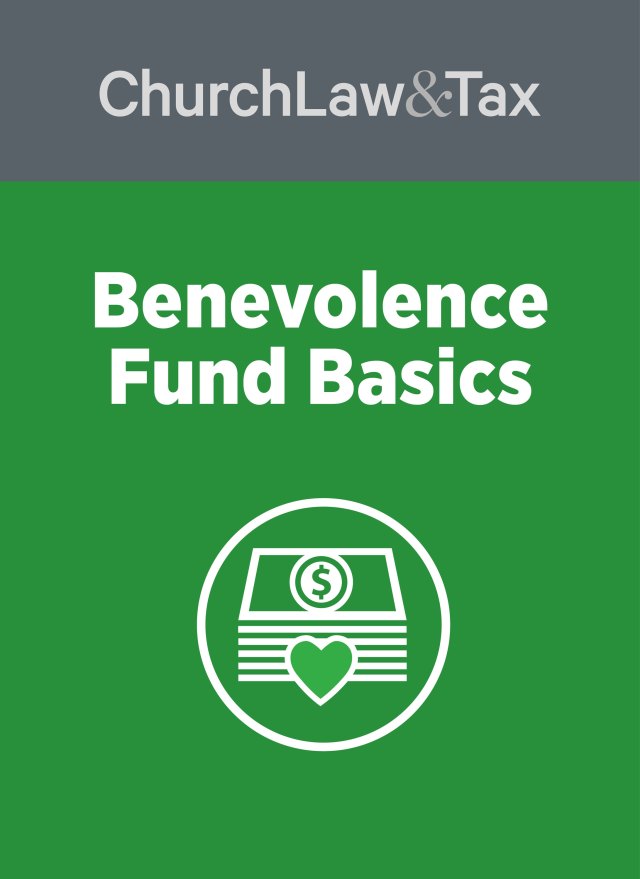Church treasurers often face situations where members attempt to contribute funds for specific individuals or families. These contributions may not qualify as tax-deductible. Here’s how to handle nondeductible donations effectively while ensuring compliance with IRS guidelines.
Four Options for Handling Nondeductible Donations
1. Refuse to Accept the Check
According to IRS Publication 3833, donations earmarked for specific individuals or families are not tax-deductible. In such cases, church treasurers should decline to accept the check. This avoids any misrepresentation of the contribution’s tax status.
2. Accept the Check and Stamp it “NONDEDUCTIBLE”
If the church decides to accept the check, stamp it “NONDEDUCTIBLE” in red ink on its face. This ensures the donor cannot use the canceled check to claim a charitable contribution deduction. Be sure not to include these funds in the donor’s contribution summary.
3. Mark Nondeductible Contributions in the Summary
Place an asterisk by nondeductible contributions in the donor’s summary. However, for contributions under $250, donors may still attempt to use canceled checks for deductions. Churches must remain vigilant in marking and tracking these transactions to avoid unintended deductions.
4. Avoid Honoring Every Donor Recommendation
Consistently honoring every donor “recommendation” about fund recipients may indicate the church lacks control over the funds. This undermines the contributions’ eligibility as charitable donations. According to the IRS, organizations must exercise full control and discretion over how donated funds are used.
Review Your Church’s Charter
If your church administers a benevolence fund, review its charter to ensure it includes “charitable” as well as “religious” purposes. Some legal precedents suggest that benevolence activities align more with charitable purposes than religious ones for tax purposes.
Determining Benevolence Eligibility
To determine if a recipient qualifies for benevolence assistance, consider the federal poverty guidelines published by the U.S. Department of Health and Human Services (HHS). While these guidelines are persuasive, they are not officially adopted by the IRS or courts as definitive criteria.
Tip: Learn more about establishing a benevolence program at your church by exploring Benevolence Fund Basics.
FAQs about Nondeductible Donations
What is a nondeductible donation?
A nondeductible donation is a contribution earmarked for a specific individual or family rather than for a church or charitable organization’s general purposes.
Can donors deduct earmarked contributions?
No. According to IRS guidelines, contributions earmarked for specific individuals are not tax-deductible.
Should churches refuse all nondeductible donations?
Churches may accept such donations but must ensure transparency by marking them as nondeductible and not including them in tax-deductible giving summaries.
How can churches ensure compliance with IRS rules?
Churches should establish written policies for benevolence funds, including criteria for eligibility and documentation requirements, to maintain compliance with tax regulations.





